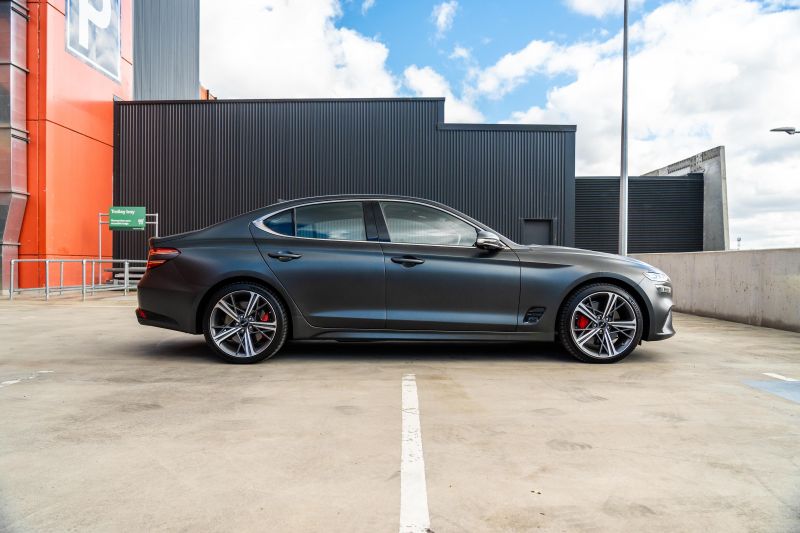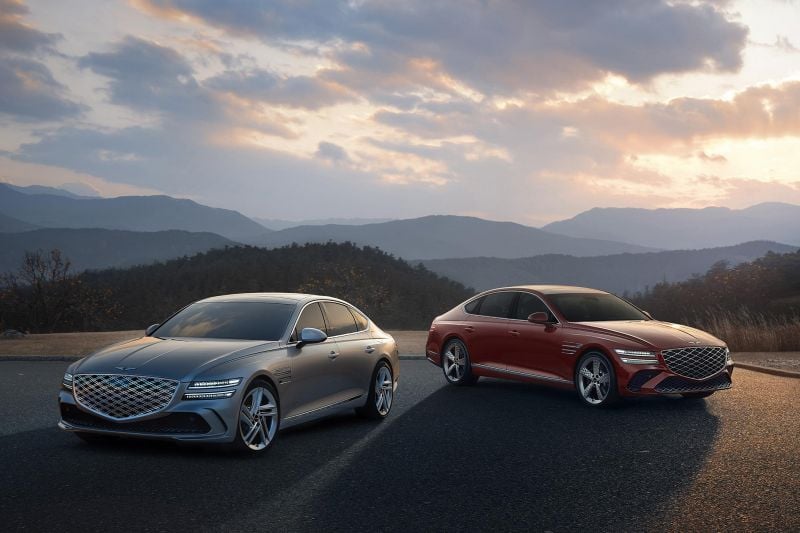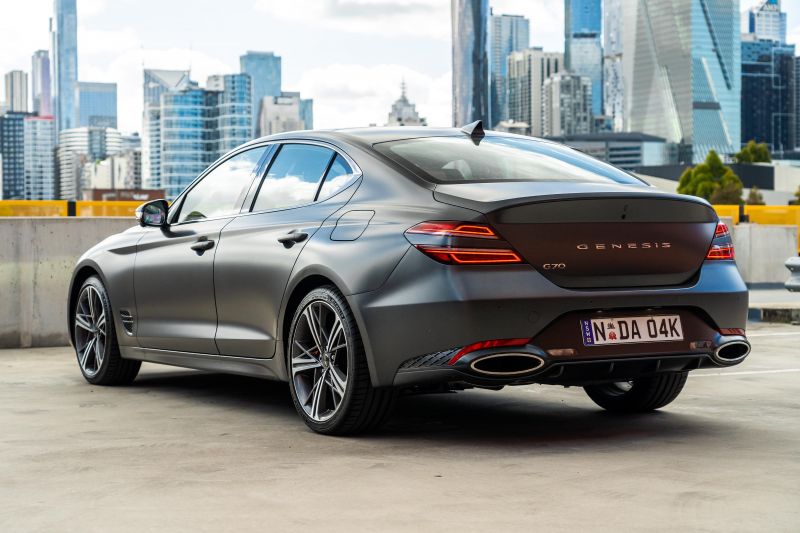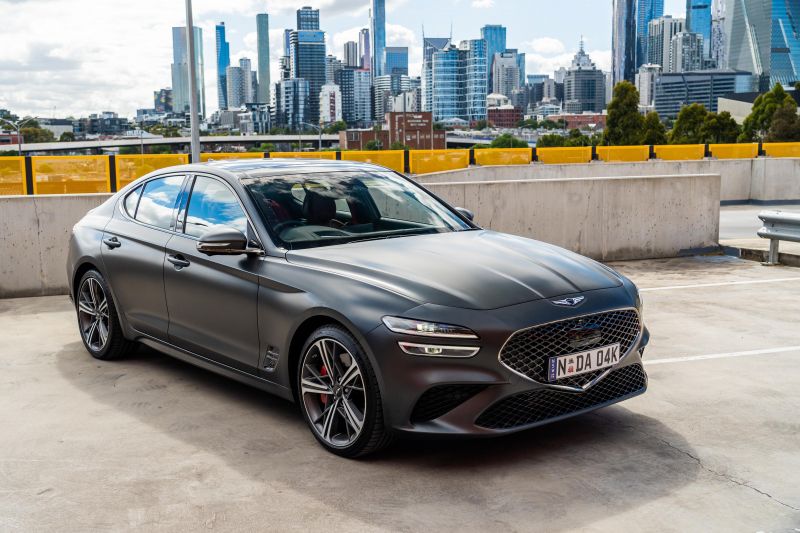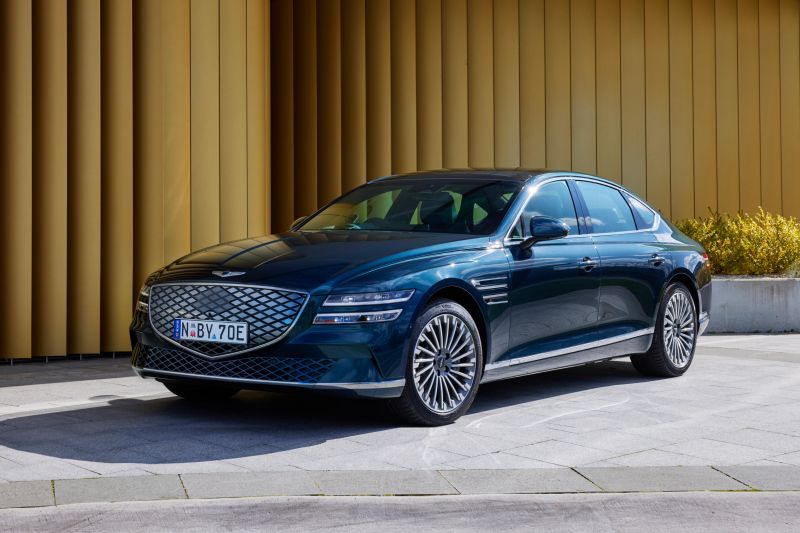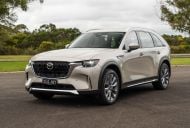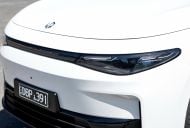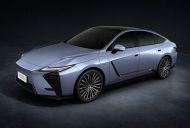Korean luxury brand Genesis sold fewer than 150 sedans in Australia last year, but says it has no plans to axe traditional three-box models.
When asked whether sedans will always have a place in the local lineup, Genesis Australia CEO Justin Douglass said, “For me personally, yes.”
“They have a place within our portfolio, and within our brand… not all customers do want to drive an SUV so there’s always a place for those vehicles in market, and whilst it’s available to us, I’d love to ensure that it stays within our portfolio.”
“From a product aspect, there is more than enough value in a sedan,” added product planning assistant manager Michael Rowland.
“Having a presence in that segment, like if we look at our competitor brands every single one of them or at least most of them have a sedan vehicle.
“It’s important I think to have a presence, at least from a product standpoint.”
He also pointed out many SUV buyers come from sedans, making them gateway vehicles.
“If we look globally, particularly at our brand, there are markets which are more sedan-oriented than SUV-orientated, which means that there will always be sedans in production in some capacity because there are markets such as Korea that absolutely love them,” said Mr Rowland.
“I don’t see any inclination to remove any.”
The G70 sedan and its Shooting Brake wagon version received an update for 2024, while a facelifted G80 is due here this year.
While Genesis Australia says it doesn’t plan to discontinue any sedans, a report out of Korea last year suggested it may have its hand forced with development of a second-generation G70 reportedly halted.
Genesis launched here in 2019 with the G70 and G80 and got off to a slow start, with sales rising sharply – if not to the level of Japanese and German rivals – once SUVs came on tap in 2021.
In 2023, Genesis sold just 81 G70s – including both the sedan and Shooting Brake wagon – and 51 petrol and electric G80s in Australia.
That meant of 1916 Genesis sales in Australia last year, just under seven per cent were sedans and wagons.
In contrast, passenger cars – including sedans, wagons, coupes and convertibles – accounted for around 38 per cent of BMW’s sales, and 32 per cent of Audi’s.
The G70 range competes in the Medium over $60,000 segment in VFACTS, of which it had just a 0.2 per cent share in 2023.
It’s had trouble cutting through against German luxury rivals like the Audi A4, BMW 3 Series and Mercedes-Benz C-Class.
These models, along with the Audi A5 Sportback, BMW i4 and 4 Series Gran Coupe, and Mercedes-Benz CLA had a combined 28.6 per cent share of the segment.
The more affordable Tesla Model 3 left every other car in the shade with 17,347 sales and a whopping 52.4 per cent share.
The Germans have much more of a stranglehold on the large luxury car segment, where Tesla has no entry – at least not in Australia.
Genesis had a 1.9 per cent share of this segment in 2023, while Audi, BMW and Mercedes-Benz’s various entries accounted for a 76.6 per cent of the segment.
BMW sold almost 10 times as many 5 Series sedans, including the electric i5, as Genesis sold G80s.
With 2668 sales in this segment last year, though, it’s small fry compared to the large premium SUV segment which logged 29,250 sales.
While Genesis’ SUV models sell better than its sedans in Australia, these compete in even more crowded segments. No Genesis model had more than a 2.0 per cent share of its segment in 2023.
MORE: Everything Genesis G70
MORE: Everything Genesis G80





